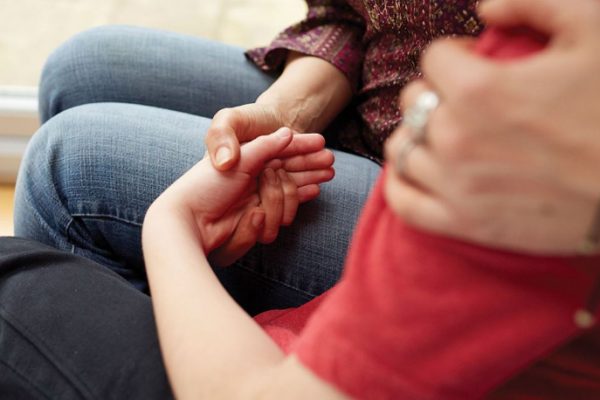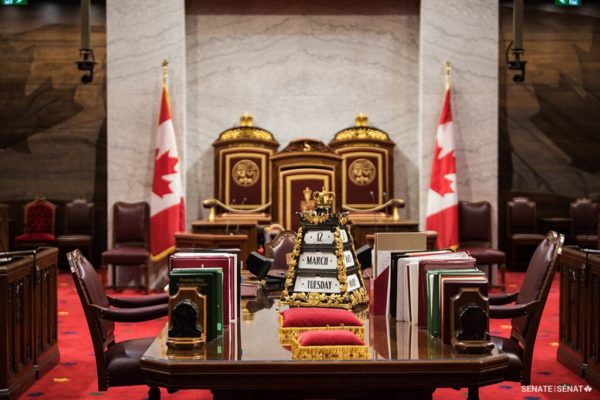A petition to the UK parliament “Safeguard evidence-based therapy for children struggling with gender dysphoria” recently surpassed 10,000 signatures which necessitated an official response. We thought the UK government statement was extremely reasonable. In particular, the statement called out the need to ensure that “parents, teachers and medical professionals are able to safeguard young people from inappropriate interventions and are clear that this ban must not impact on the independence and confidence of clinicians to support those who may be experiencing gender dysphoria.”
This is in extreme contrast to the continued political rhetoric from the Canadian government that completely ignores the potential of a conversion therapy ban to interfere with medical best practices for youth who are struggling with gender dysphoria. The UK government likely learned its lesson the hard way when Keira Bell’s second lawsuit challenged the existing MOU on Conversion therapy and resulted in the initiation of an independent review of the treatment offered to gender dysphoric youth at the NHS GIDS clinic.
The definition of conversion therapy in Bill C6 is:
“conversion therapy means a practice, treatment or service designed to change a person’s sexual orientation to heterosexual, to change a person’s gender identity or gender expression to cisgender or to repress or reduce non-heterosexual attraction or sexual behaviour or non-cisgender gender expression. For greater certainty, this definition does not include a practice, treatment or service that relates to the exploration and development of an integrated personal identity without favouring any particular sexual orientation, gender identity or gender expression.”
While members of the government continue to insist that conversion therapy is a “forced and coercive” practice, the Bill itself does not limit the definition of conversion therapy to forced types of therapy, electric shock treatments or other forms of torture. Further, expert witnesses such as Dr Zucker have pointed out that the exception in the definition of the Bill does not provide measurable information to establish a clear line between exploration and conversion. Bill C6 passed 3rd reading in Parliament last month and has been referred to the Senate for review. It’s possible the government may try to railroad Bill C6 through the Senate this summer, although they are only supposed to use an unusual summer session for “emergency legislation”.
The new statement from the UK government clearly recognizes the need to safeguard children from inappropriate interventions. The statement reads:
Government will ban conversion therapy, maintain safeguards for young people from inappropriate interventions and uphold the independence of clinicians supporting those experiencing gender dysphoria.
Conversion therapy is an abhorrent practice that this government will ban.
We will ensure that any action we take will be proportionate and effective and does not have unintended consequences.
We will protect free speech, uphold the individual freedoms we all hold dear and protect under-18s from irreversible decisions.
We will ensure parents, teachers and medical professionals are able to safeguard young people from inappropriate interventions and are clear that this ban must not impact on the independence and confidence of clinicians to support those who may be experiencing gender dysphoria. We will be working with stakeholders, including medical experts, to ensure we do not inhibit people seeking support.
We will be launching a consultation, which will provide experts and those impacted by conversion therapy with a formal opportunity to feed in views.
We are proud that the UK is a leader on LGBT equality at home and abroad, having legalised same-sex marriage and introduced one of the world’s most comprehensive legislative frameworks for protecting LGBT people from violence and discrimination.
We want to ensure everybody can live their lives free from discrimination and violence and prosper in a modern Britain and banning conversion therapy is the next step in ensuring this.
Government Equalities Office
At 100,000 signatures, this petition will be considered for debate in Parliament.



